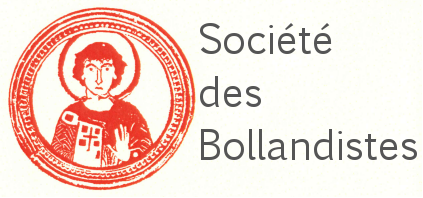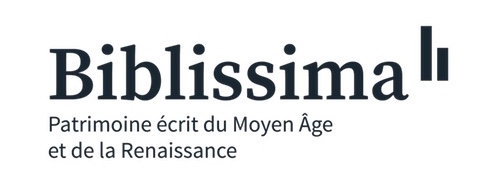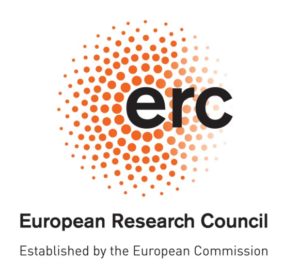Résumé :
Il saggio intende concentrarsi in modo particolare sui rapporti intercorsi tra l’Oriente greco e l’Occidente latino negli ultimi secoli di Bisanzio, nel periodo che va dal recupero di Costantinopoli da parte dei Paleologi nel 1261 alla sua caduta nel 1453 (e oltre). Dopo la sostanziale incomunicabilità dei secoli di mezzo, infatti, nei secoli XIII-XV i contatti tra Bisanzio e l’Occidente furono intensi e articolati, e determinarono una profonda e reciproca contaminazione culturale, anticipando, dunque, quel dinamismo che avrebbe contraddistinto l’età moderna. La diplomazia paleologa svolse in ciò un ruolo fondamentale, anche perché affidata a intellettuali di primo piano che ebbero il merito di ‘portare’ il latino in Oriente e il greco in Occidente. Non meno importanti furono le implicazioni sul versante dei libri e delle biblioteche, oggetto di una vera e propria translatio che avvenne spesso seguendo le vie e i protagonisti della diplomazia internazionale. Una particolare attenzione viene dedicata alla figura di Manuele Crisolora, il celebre bibliofilo ed erudito bizantino attivo in Occidente dal 1397 come professore di greco e diplomatico.
Parole chiave :Biblioteche, manoscritti greci, ambasciatori bizantini, Manuele Crisolora
The paper aims to focus particularly on the relations between the Greek East and the Latin West in the last centuries of Byzantium, in the period from the reconquest of Constantinople by the Palaeologans in 1261 to its fall in 1453 (and beyond). After the substantial incommunicability during the Middle Ages, in fact, in the 13th-15th centuries the contacts between Byzantium and the West were intense and articulate, and led to a profound and mutual cultural contamination, thus anticipating the dynamism that would mark the Modern Age. The Palaeologan diplomacy played a fundamental role in this, also because it was entrusted to leading scholars who had the merit of having brought back Latin to the East and Greek to the West. No less important were the implications on books and libraries, which were the object of a veritable translatio that took place often by means of international diplomacy. A particular attention is devoted to the figure of Manuel Chrysoloras, the well-known Byzantine bibliophile and scholar, active in the West from 1397 as a Greek professor and diplomat.
Keywords: Libraries, Greek manuscripts, Byzantine diplomats, Manuel Chrysolora







